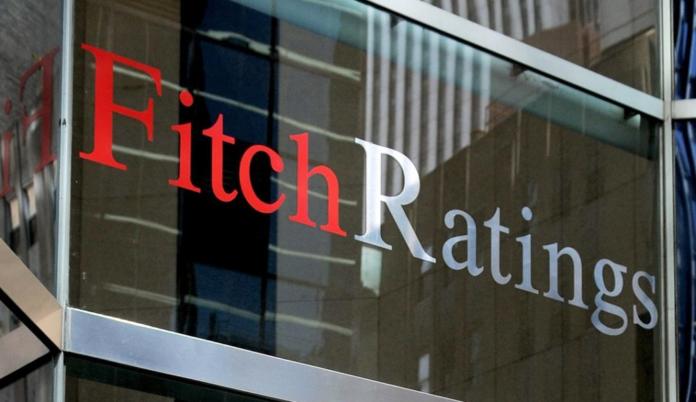Eskom’s mounting debt woes are posing the risk of crippling the country’s stagnant economy further as the power utility’s credit rating has been pushed deeper into the abyss with a negative outlook, economists said on Tuesday.
This follows Fitch Ratings Agency on Monday downgrading Eskom’s stand-alone credit rating by one notch to junk, citing weakening revenue growth, as well as margin expectations resulting from lower tariff awards, and higher primary energy costs than previously expected.
Added to this is the possibility of Independent Power Producers (IPP) costs increasing by about 80 percent by 2023. Fitch said Eskom’s weak liquidity, high leverage and low interest coverage credit metrics were among the weakest in the peer group, which includes the Namibia Power Corporation. The rating agency said that while Eskom was still faced with financial and operational challenges, the explicit government support for the company was positive and will mitigate its liquidity challenges.
The government in a Special Appropriation Bill has allocated an additional R59 billion to Eskom over two years, to be paid in two tranches of R26bn in 2019/20 and R33bn in 2020/21.
Efficient Group’s chief economist, Dawie Roodt, said the economic outlook was getting increasingly bleak, with Eskom’s record loss of R20.7bn and spiralling government debt.
Roodt said South Africa’s growing fiscal deficit had also attracted attention from all the ratings agencies.
“One of my biggest fears at the moment is that Eskom is technically bankrupt, because its income from electricity sales is not covering its operating costs, especially from its vastly bloated workforce. All attempts to reduce its workers has been met with stern opposition from unions,” Roodt said.
“It seems likely to me, given our economic situation, that ratings agency Moody’s will downgrade South Africa’s sovereign debt to sub-investment grade later in the year. It has expressed concern over the vast sums of money needed to bail out state-owned entities and the lack of growth in the economy.”
Eskom has growing debt of more than R400bn and is increasingly unable to meet its interest obligations, but aims to borrow a further R46bn in the 2020 financial year.
The government is in the process of appointing a new chief executive and has appointed a chief restructuring officer for Eskom in a bid to implement a turnaround plan and optimise the company.
Fitch also downgraded the country’s outlook from stable to negative, citing concerns about the government’s financial support of Eskom and low economic growth.
Eskom’s acting group chief executive, Jabu Mabuza, said they were continuing to engage with shareholder ministries on feasible options to transition Eskom to financial sustainability.
In his first weekly email to the nation, President Cyril Ramaphosa said on Monday that the government will finalise a clear economic growth strategy within the next few weeks, to build on the stimulus and recovery plan.
He said this strategy will draw on the many valuable contributions that have been made by South Africans on the discussion paper released by the National Treasury.
The discussion paper estimates that the government could raise about R450bn if it sold Eskom coal-power stations through a series of auctions.
But trade union federation Cosatu has yet again warned it will not back the ANC’s proposed solutions if they are based on the economic policy plan released by Finance Minister Tito Mboweni late last month aimed at stimulating growth.















